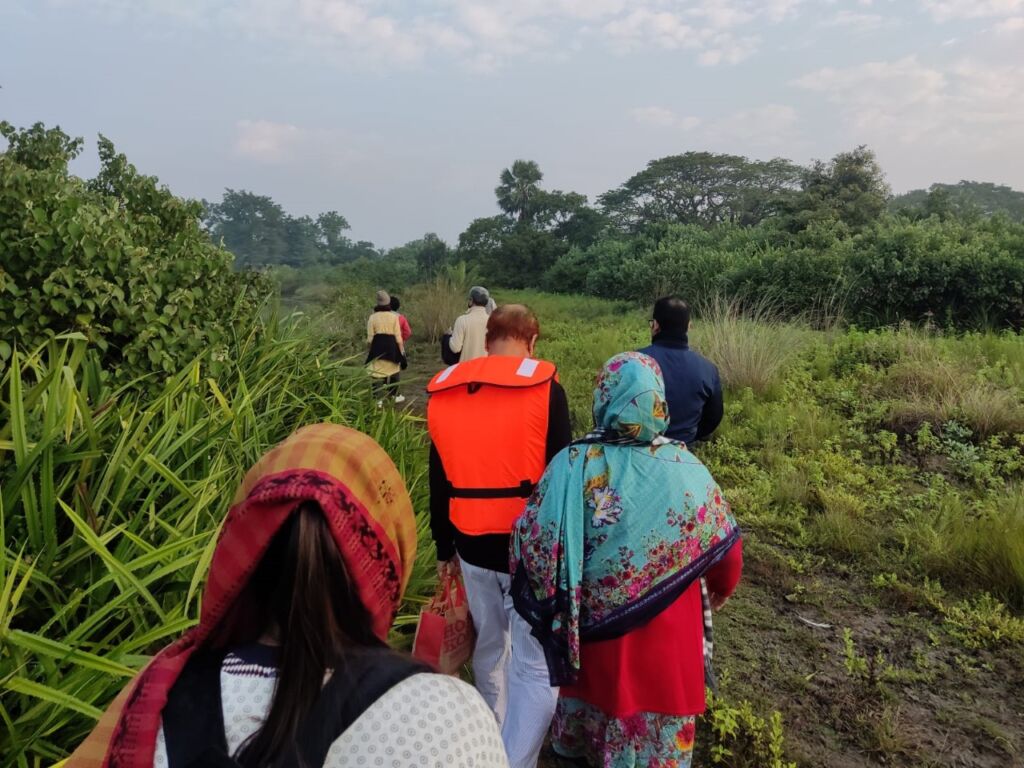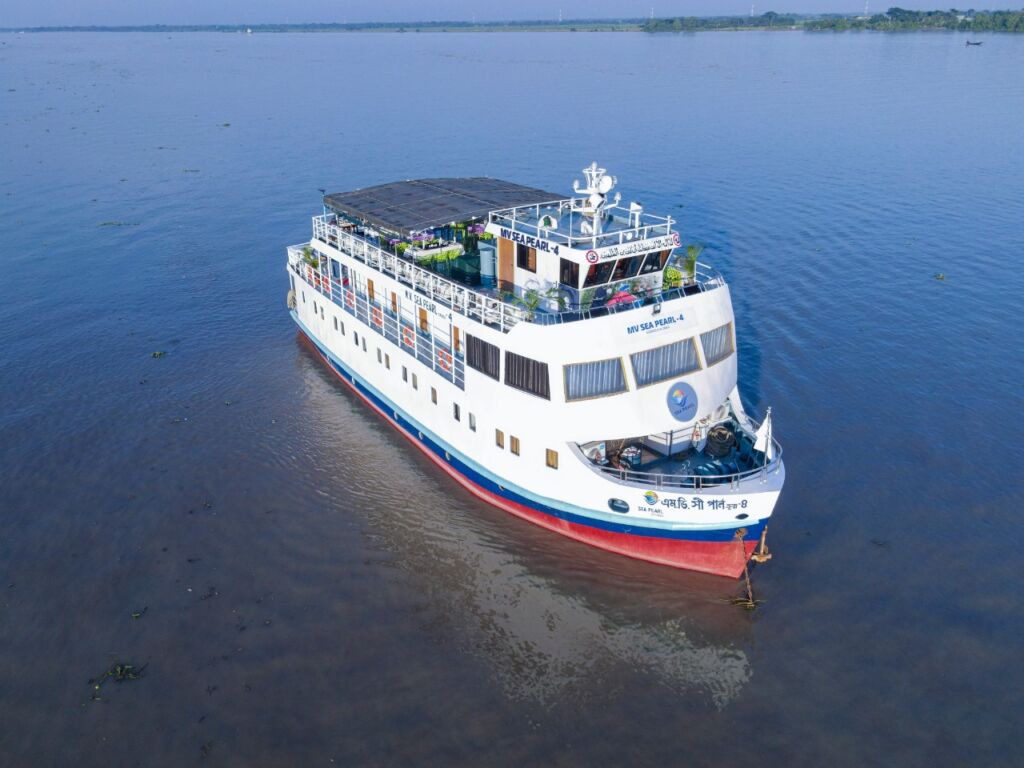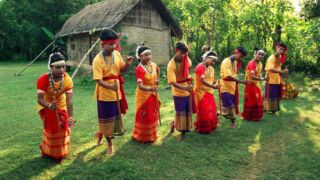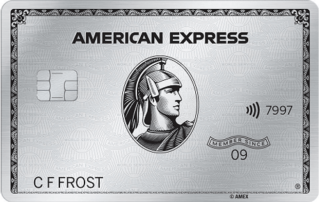Bangladesh boasts a rich past and is surprisingly pleasant and varied. Far from being ordinarily considered a tourist destination, this Southeast Asian country immediately brings to mind cyclones and floods and few people imagine its natural and cultural heritage: archaeological sites dating back over 2,000 years, huge beaches, the largest mangrove in the world, historic homes that belonged to 19th century maharajas …
Don’t be fooled by the statistics: despite having the highest population density in the world, Bangladesh has peaceful rural areas, where you will be welcomed with open arms. Moreover, it is not uncommon for customs officials to offer a cup of tea to travelers from India. The infrastructure is certainly limited, but independent travel enthusiasts will be delighted.
General Advice
The relationships between men and women are very codified. Physical contact in public is not tolerated: couples never walk around holding hands (men do so frequently when they are friends).
Almost 90% of the population is Muslim, and celebrates religious holidays. 14 days before the start of Ramadan, the sacred night Shab-e-Barat allows alms to be given to the poor. Several Hindu festivals (the second religion of the country) are also practiced. The Holi Festival, the festival of spring, takes place in March. Participants throw pigmented powders of all colors at each other and organize fireworks.
Use your right hand to eat or give a gift. The left hand is considered unclean. It is also customary to take off your shoes before entering a house or temple. If you are a woman, do not uncover your shoulders or legs, despite the sometimes high temperatures. Not respecting dress codes will not only be frowned upon, but could also become dangerous. The seaside resorts are also affected by this warning, do not take out your bikini in the seaside resort of Cox’s Bazar for example.
The climate of Bangladesh is subtropical. Temperatures vary between 20 °C and 35 °C. The most pleasant time to visit the country is the cool season, from mid-October to February. The heat of the monsoon arrives in April, and torrential rains fall on the lands of Bangladesh.
Accommodation in Bangladesh
Dhaka has a lot of nice hotels and a few chains such as Best Western, Intercontinental and Radisson. There are several luxury hotels such as the Westin. Other good choices in Dhaka are the Amari, Ghulsan Hotel, Le Meridien and Doreen Hotel. In Cox’s Bazar the Royal Tulip Sea Pearl Beach Resort and Spa is also a good choice, next to the Sayeman Beach Resort. There are also plenty of budget and midrange hotels, hostels and apartments to be booked.
Outside these areas most hotels will become more basic and sometimes even very basic. Always ask to see the room first and make sure that your electricity, airco and running water is working before you seal the deal.
Coming to Bangladesh by plane
Bangladesh is almost completely closed in by India and for a small part by Myanmarr. Most travelers come in by plane through Dhaka International Airport. Hereby a list of the most important airlines and destinations.
Air Arabia: Abu Dhabi, Sharjah, Ras Al Khaimah
Air Asia: Kuala Lumpur
Air India: Kolkata
Biman Bangladesh Airlines: Abu Dhabi, Bangkok – Suvarnabhumi, Barisal, Chittagong, Cox’s Bazar, Dammam, Delhi, Doha, Dubai – International, Guangzhou, Hong Kong, Jeddah, Jessore, Kathmandu, Kolkata, Kuala Lumpur, Kuwait, London – Heathrow, Manchester, Medina, Muscat, Rajshahi, Riyadh, Saidpur, Singapore, Sylhet
China Eastern Airlines: Kunming
China Southern Airlines: Guangzhou
Druk Air: Paro
EgyptAir: Cairo
Emirates: Dubai – International
Etihad Airways: Abu Dhabi
Flydubai: Dubai
Gulf Air: Bahrain
Himalaya Airlines: Kathmandu
IndiGo: Delhi, Kolkata
Jazeera Airways: Kuwait
Kuwait Airways: Kuwait
Malaysia Airlines: Kuala Lumpur
Maldivian: Chennai, Male
Malindo Air: Kuala Lumpur
Novoair: Barisal, Chittagong, Cox’s Bazar, Jessore, Kolkata, Rajshahi, Saidpur, Sylhet
Oman Air: Muscat
Qatar Airways: Doha
Salam Air: Muscat
Saudi: Dammam, Jeddah, Medina, Riyadh
Singapore Airlines:Singapore
SpiceJet: Delhi, Kolkata, Mumbai
SriLankan Airlines: Colombo – Bandaranaike
Thai Airways: Bangkok – Suvarnabhumi
Thai Lion Air: Bangkok – Don Mueang
Turkish Airlines: Istanbul
US-Bangla Airlines: Bangkok Suvarnabhumi, Barisal, Chennai, Chittagong, Cox’s Bazar, Doha, Dubai, Guangzhou, Jessore, Kolkata, Kuala Lumpur, Malé, Muscat, Rajshahi, Saidpur, Singapore, Sylhet
Transport in Bangladesh
In Bangladesh, domestic transport is very affordable. Biman Bangladesh Airline, the national airline, connects Dhaka, the capital, to 10 other Bangladeshi cities including Chittatong and Cox’s Bazar. Plane tickets are very cheap but are still three times the price of a first class train ticket to the same destination. You will need to pay a departure tax for domestic flights. The country has a decent road network, but it is saturated with buses. Bus drivers are very reckless as evidenced by the impressive number of road accidents. Train travel will be less stressful on your nerves, knees and back, and the majority of journeys are quite pleasant, at least in first class. However, traveling by train from Dhaka to the west leads to certain difficulties: rivers without bridges require ferries to cross and differences in the gauge of the rails between the east and west networks generate complicated journeys.
A trip to Bangladesh without a boat trip is almost inconceivable. It is the star means of transport in the country, despite its slowness. The famous steamboat, Rockets, runs from Dhaka to Kulna four times a week, but there are many other fascinating ferries to take.
You can rent a car with a driver (without, it’s impossible) in most major cities. Inside the cities you will find cheap rickshaws and taxis, once the inevitable bargaining is over. You can also use an app like Uber in cities like Dhaka.
Alcohol in Bangladesh
As a country with a Muslim tradition, alcohol is banned from sale in Bangladesh. All over ? No! Because some exceptions still resist Islamic law. Sure, there are a few die-hard non-Muslim populated villages that brew their own magic potion, but it is quite different for most of the country. Your best bet would be Dhaka were alcohol is allowed to be served in a few hotels, restaurants and clubs if you really can’t go on a holiday without a beer or a glass of wine!
Bangladesh: what to buy?
You can get jewelry (glass or shell bracelets) and copper or leather objects. Products made from jute are essential, especially rugs. They come in all sizes and colors, at affordable prices. The fabrics are of good quality: let yourself be tempted by the embroidered silk sarees and delicate chiffon. The Bangladeshi garment industry is one of the most prolific export sectors in the world. You can dress from head to toe (cotton T-shirts, shorts and pants, jeans, saris …) at Banga Bazar in Dhaka. Shops generally open from 9 a.m. to 10 p.m. except Friday, the official closing day.
You can get jewelry (glass or shell bracelets) and copper or leather objects. Products made from jute are essential, especially rugs. They come in all sizes and colors, at affordable prices. The fabrics are of good quality: let yourself be tempted by the embroidered silk sarees and delicate chiffon. The Bangladeshi garment industry is one of the most prolific export sectors in the world. You can dress from head to toe (cotton T-shirts, shorts and pants, jeans, saris …) at Banga Bazar in Dhaka. Shops generally open from 9 a.m. to 10 p.m. except Friday, the official closing day.
Bangladesh: what to eat?
The typical Bangladeshi dish is a curry or a massala, prepared with meat (beef, mutton, chicken) or fish. You can find eggs or vegetables, all cooked in a spicy sauce and served with yellow lentils (dhals) and lots of white rice (bhat). The main rice dishes are biryani (fried rice with meat or vegetables), pulao and khichuri, a mixture of rice and lentils. Kebabs (skewers) and kofes (meatballs) are available everywhere, like the traditional chapatis (hot bread patties). You can also find some vegetarian options other than cooked rice, like fried vegetables (bhaji).
You can eat many very sweet desserts, based on rice pudding (firni, kheer), flavored with saffron or cinnamon. The traditional drink is chai, a sweet black tea with milk, to which a mixture of spices is added. You will find stalls selling chai everywhere, and you will undoubtedly be offered it if you are invited to locals, the Bangladeshi drink it several times a day. Since the sale of alcohol is prohibited, you will only find it in places frequented by expats or luxury hotels.
Tap water in Bangladesh
Tap water in Bangladesh is not safe to drink. Boil, filter or disinfect tap water before use, or buy bottled water. Always check that the bottle cap has not been opened before. Only drink soft drinks from bottles and do not use ice cubes. Avoid vegetables or fruits that have been washed in unboiled water. Also boil tap water before using it for cooking. Only use boiled water or bottled water for, for example, brushing your teeth and cleaning your lenses.
97% of the population in Bangladesh is dependent on groundwater. In 1993 most groundwater was found to be contaminated by a natural source of arsenic. It is a titanic job for the government to provide the population with clean drinking water













